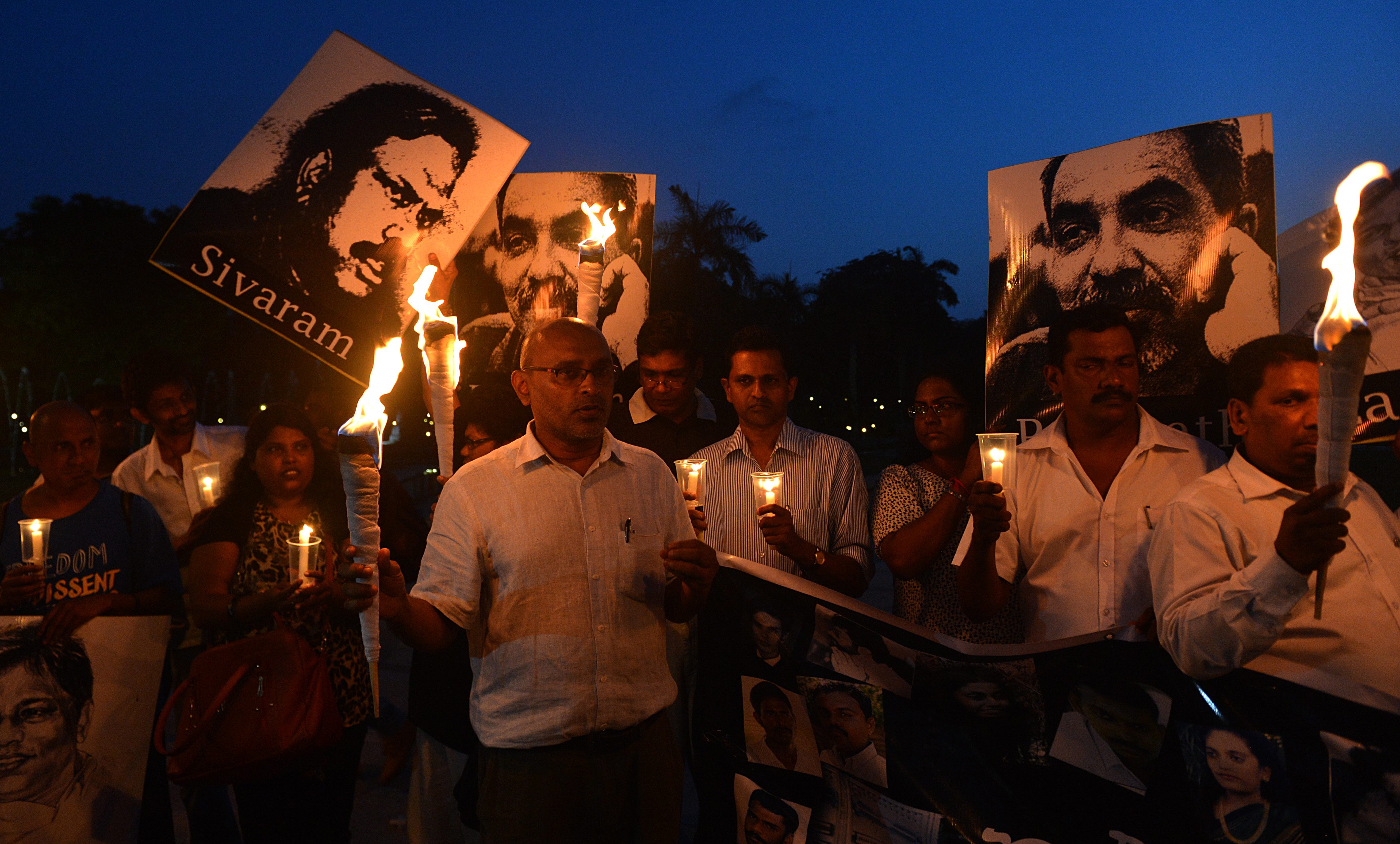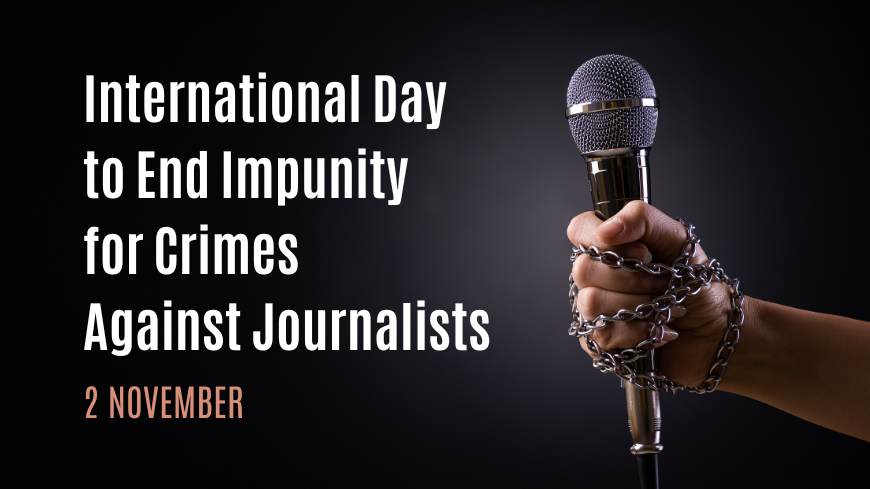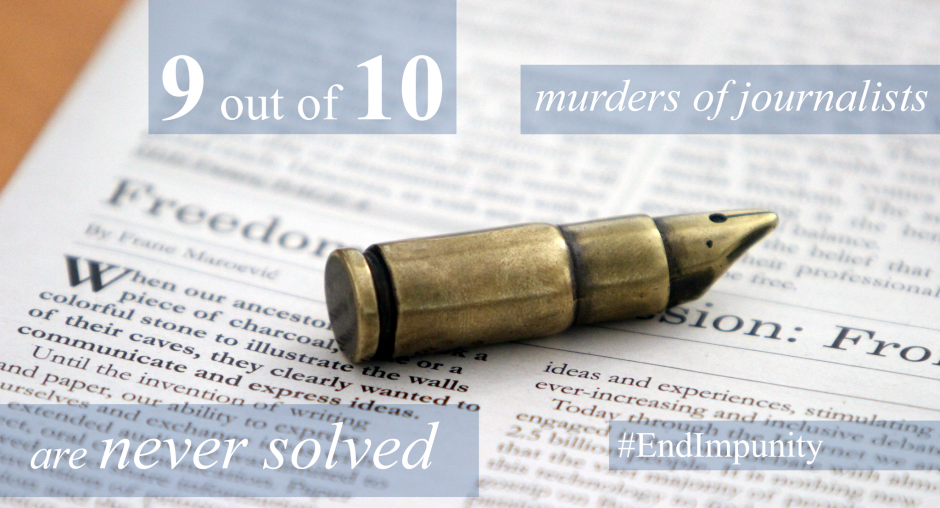(Sri Lanka Brief/ November 02, 2025)
On 2 November 2013, the 68th session of the United Nations General Assembly adopted a landmark resolution calling for an end to the culture of impunity for crimes against journalists, media institutions and media workers. This resolution urged states worldwide to investigate and prosecute such crimes and established 2 November as the International Day to End Impunity for Crimes against Journalists.
Global Context: A Crisis of Impunity
Despite this commitment, impunity remains a global crisis. According to UNESCO and the Committee to Protect Journalists (CPJ), over 1,600 journalists have been killed since 1993, and in nearly nine out of ten cases, perpetrators have not been brought to justice. Countries such as Mexico, the Philippines, Somalia, and Syria consistently rank among the most dangerous places for journalists, with systemic failures in investigations and prosecutions.
Gaza: The Deadliest Conflict for Journalists
The Israel-Gaza war has become the deadliest period for journalists since CPJ began collecting data in 1992. As of October 2025, CPJ reports that at least 241 journalists and media workers have been killed since the war began in October 2023. Of these, 198 were Palestinians killed in Gaza, alongside others in neighbouring regions. CPJ has also documented 162 journalists injured, 92 arrested, and multiple cases of threats, cyberattacks, and destruction of media offices. At least 59 journalists were deliberately targeted and killed, which CPJ classifies as murders under international law. This unprecedented toll underscores the urgent need for global accountability mechanisms, as targeting journalists is a war crime under international law.

Sri Lanka’s Situation: A Persistent Shadow of Impunity
In Sri Lanka, authorities have so far failed to bring anyone to justice for crimes committed against journalists, media institutions and media workers over the past several years. During this period, there were numerous murders, disappearances, assaults, torture, threats, attacks on media institutions and arson. No government has succeeded in delivering justice for these crimes.
However, media reports indicate that the presidential regime of Anura Kumara Dissanayake, which came to power in 2024, initiated urgent investigations on 14 October 2024 into the murder of journalist Lasantha Wickrematunga and the disappearance of journalist Prageeth Ekneligoda. Today, 2 November 2025, while this is a positive development, significant progress remains elusive.
Sri Lanka vs Global Trends
Sri Lanka’s failure to prosecute perpetrators mirrors a global pattern of impunity. While Gaza represents the most extreme case of journalist killings in recent history, the underlying issue is the same: a lack of accountability emboldens attackers and erodes press freedom everywhere. Both contexts highlight that impunity is not a local problem—it is a global threat to democracy and human rights.
Why Fighting Impunity Matters
On this symbolic and important day, it must be emphasised that fighting impunity is not only the responsibility of citizens but an essential step towards building a society rooted in democratic values, including freedom of expression. Impunity erodes the rule of law, shields those who abuse power, and undermines citizens’ rights. Combating it requires collective action—from state institutions, media, civil society organisations, and educational bodies.
Protecting freedom of expression is central to this fight. Without a free press, corruption and abuse of power remain hidden, and public opinion cannot be shaped around human rights. Therefore, ensuring the safety of journalists, the right to information, and digital rights, including internet freedom, are indispensable. Ultimately, the fight against impunity is crucial for the survival of democracy and the creation of a society based on freedom, justice, and the rule of law.

